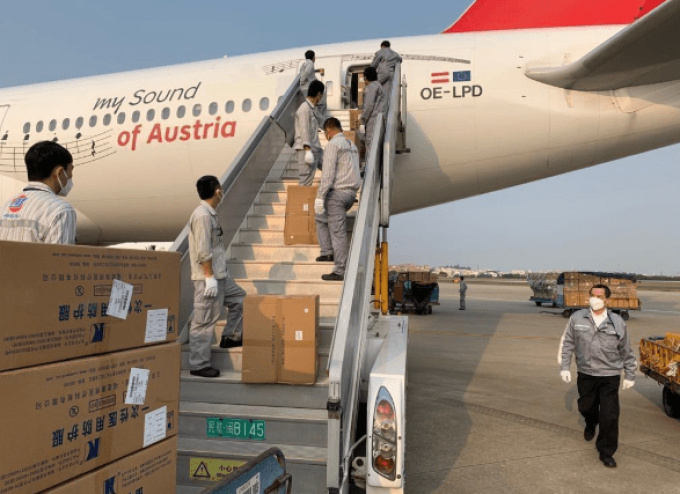Air cargo still flying high as capacity stays tight, but rates are slipping
It may be January, but faith in the air cargo sector continues to be high, ...

Air cargo volumes are considerably down on a year ago, but trucks are having to wait longer at large US airports to collect imported freight.
Forwarders also face earlier cut-offs for their exports to make it onto departing flights at large gateways.
“We’ve seen this mainly in the big gateways, like Los Angeles, Chicago and Dallas,” reported Bob Imbriani, senior vice-president international at Team Worldwide.
“I hear LA is a disaster,” one airline cargo executive told The Loadstar.
According to multiple sources, the problems ...
Volcanic disruption at Anchorage could hit transpacific airfreight operations
Shippers snap up airfreight capacity to US ahead of tariff deadline
New price hikes may slow ocean spot rate slide – but for how long?
Tighter EU import requirements proving 'a challenge' for forwarders
Supply chain delays expected after earthquake hits Myanmar
Looming Trump tariffs will create 'a bureaucratic monster' for Customs
Forwarders stay cool as US 'liberation day' tariffs threaten 'global trade war'

Comment on this article